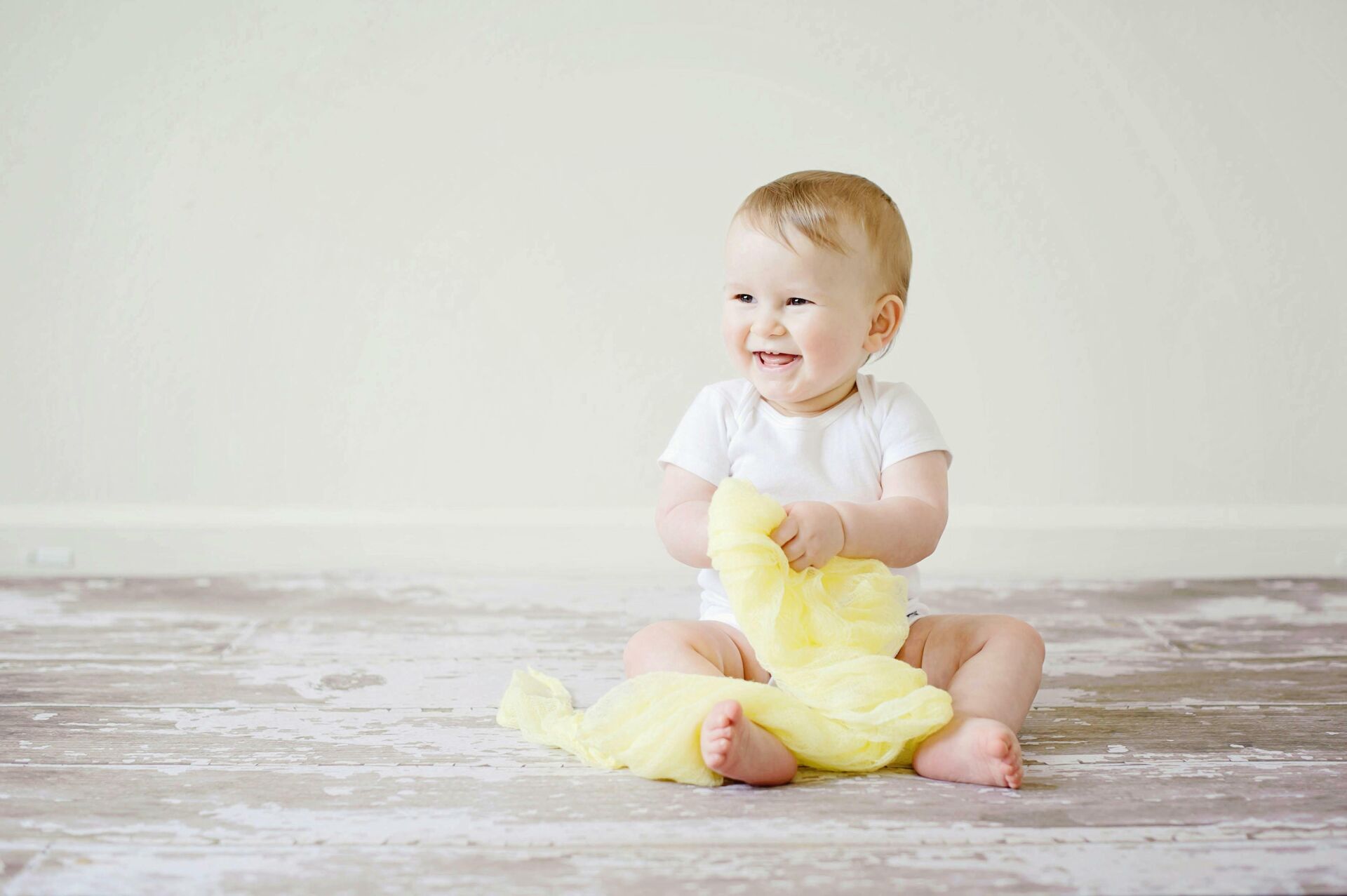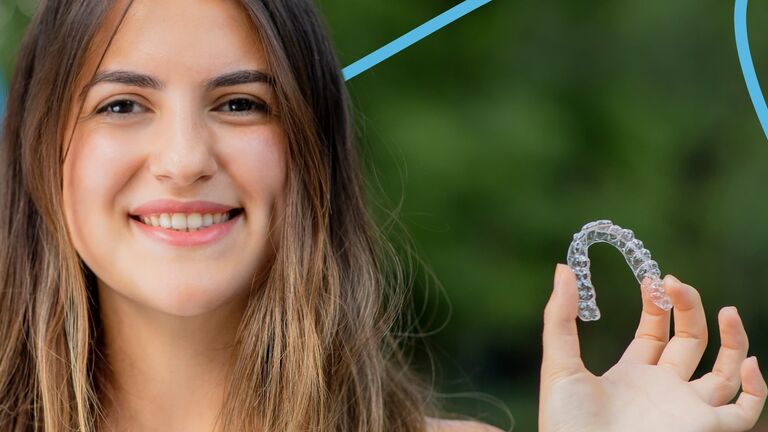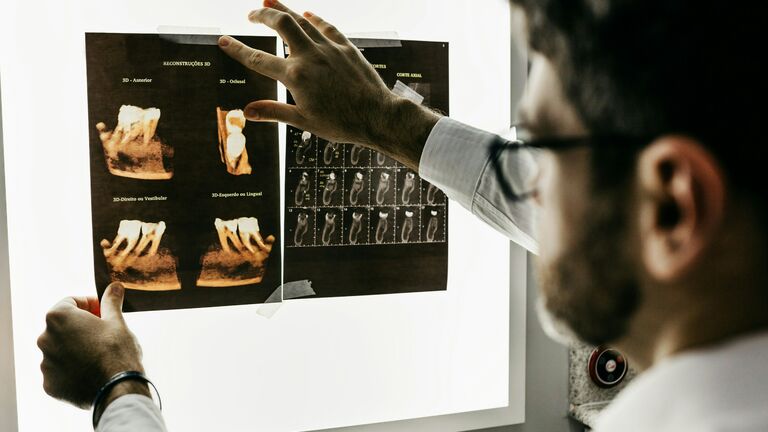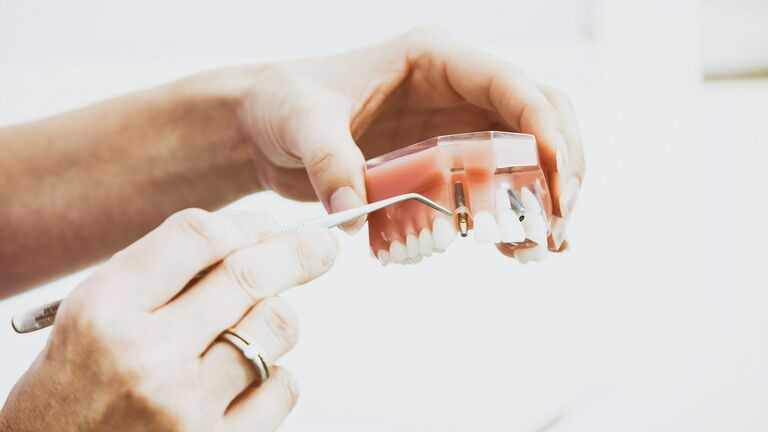
Preparing for your child's first dental visit
One of the best things a parent can do for their child is help them to develop health habits from a young age. Regular trips to the dentist might be on the cards when they are young, but once they leave the nest and take control of their own lives, they might be reluctant to keep this habit alive if they had a poor experience at the dentist as a child.
Thankfully, there are plenty of things that parents can do to help make the dentist a more enjoyable event for children. Taking a conscious approach to your child’s first dental visit could help to ensure they don’t develop negative feelings or a phobia of the dentist as they get older.
In this guide, we will explore the importance of regular dental visits as a child and how you can make this a positive experience for your child.
When should your child start visiting the dentist?
The sooner you start taking your child to the dentist, the better. In general, most parents will wait for the child’s first tooth to emerge, but you can book earlier if you would like to ask for advice about things like teething.
All children should have been to the dentist for their first checkup by the age of one, but we know that life can get in the way. If you worry you’ve left it too late, don’t worry, just book an appointment with our team and we can help get your child back on track.
How can parents prepare for their child’s first dental visit?
There are simple steps you can take to prepare your child for their first dental visit. When children are very young, they might not be aware of what is happening, but they are still building their knowledge about the world.
This means that first experiences with new things are very important. It’s vital to make sure encounters with the dentist are positive experiences and they aren’t associated with negative outcomes.
These are just some of the ways you can make sure your child’s first dental visit is a positive one, and that future dental visits don’t become a cause of stress or drama.
Address your own phobias
If you have your own phobia of the dentist, it’s important to address this, as your child will pick up on your fear. You might not be aware that you are tense or uncomfortable during your visit, but as your child looks to you for reassurance, you might be giving subtle signs that something about the situation scares you.
Use positive language
In order for your child to develop a healthy relationship with their dentist, they need to see them as a positive presence, not a negative one. Try to make a trip to the dentist sound like an exciting adventure rather than something daunting. Ask family members to get on board so that everyone is delivering a united message.
As children get older, it can be tempting for parents to use the threat of the dentist being “mad” at their child if they don’t brush their teeth. Instead of using this in a negative way, try to turn this around and encourage your child to want to impress their dentist instead. This helps to avoid the dentist being seen as a scary figure that they should fear.
Allow plenty of time
First trips to the dentist don’t always go to plan, so make sure you allow plenty of time so that you don’t feel rushed. Children might need a little extra time to feel comfortable in the dentist’s chair or to get used to the new sights, sounds and smells.
Your dentist will do everything they can to make it a fun experience for your child so they leave with positive feelings about trips to the dentist. It might not be something that they always look forward to as they get older, but it doesn’t have to be something that they dread.
Go easy on yourself
Remember that it’s common for children to cry and be difficult in new situations. It isn’t a reflection of your parenting and there will be no judgement from our team if your child acts out in an unruly way. We’ve probably seen it all before, and we don’t want this to become a source of stress for you.
Children can also develop phobias seemingly out of nowhere, so if they have previously always been fine at the dentist and suddenly decide they are afraid, don’t worry. Your dentist and dental assistant will have a few tricks up their sleeve to help distract and reassure children, so you don’t have to face this alone.
Plan something fun for after your visit
A trip to the dentist doesn’t have to take very long. And your child only has to visit every 6 months. So try not to build it up into a big event. Minimise the impact by planning a fun event after the dental visit. This can help to quickly move your child’s attention away from the new experience.
As your child gets older, continue the tradition of making fun plans around their dentist visits. Just be sure to always follow through with the plans, regardless of how they behave at the dentist. If you withhold a promised treat because of poor behaviour at the dentist, this will reinforce the negative association.
Prepare your own questions
While the purpose of a dental visit is to check your child’s teeth, it’s also a great time for the parent or guardian to ask any questions they might have about oral health, diet, teething, thumb sucking, and more.
Prepare your own questions to ask during the dental visit so you can make the most of the time. You might have questions about how to properly brush your child’s teeth, when to start weaning, and how to encourage healthy habits as your child gets older. Remember that this is your appointment too, so make sure you take advantage of the expert advice on offer.
Call us to make an appointment
We are accepting new patients and our team are here to help
Call us now
Teeth Whitening Offer £270
Teeth Whitening and Hygiene offer for £270 until end of April 2021.

Invisalign FREE teeth whitening
Invisalign FREE teeth whitening
08.04.2024
5 Signs You Should See an Endodontist

04.04.2024
Can I Get Implants with Gum Disease?

04.04.2024
What Can I Eat After Dental Implant Surgery?

Call us to make an appointment
We are accepting new patients and our team are here to help